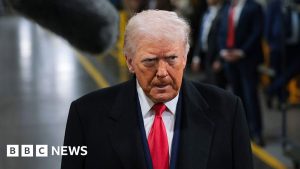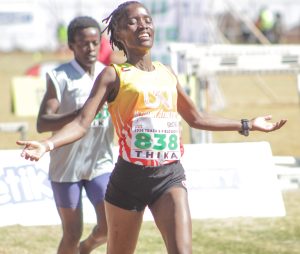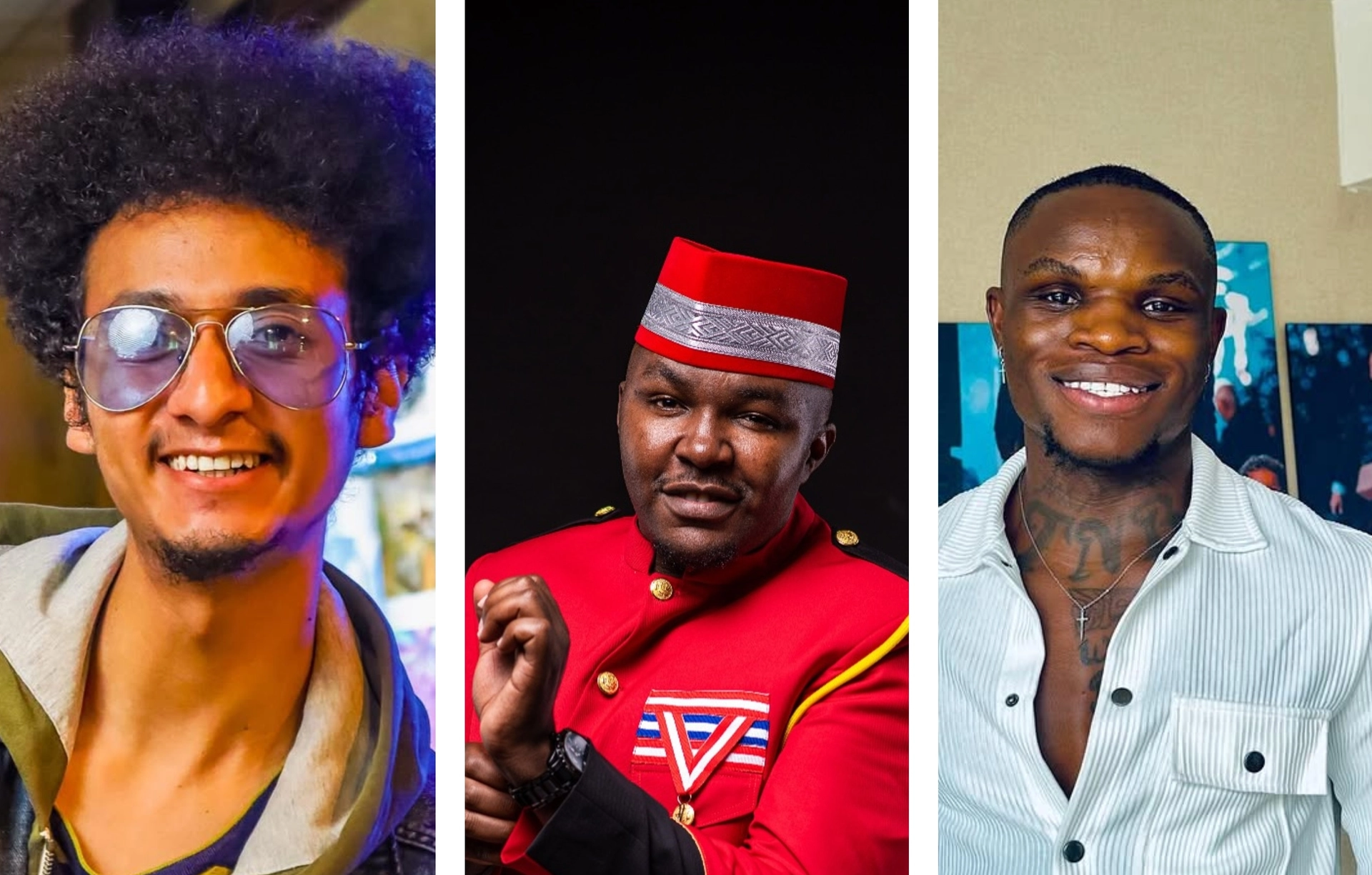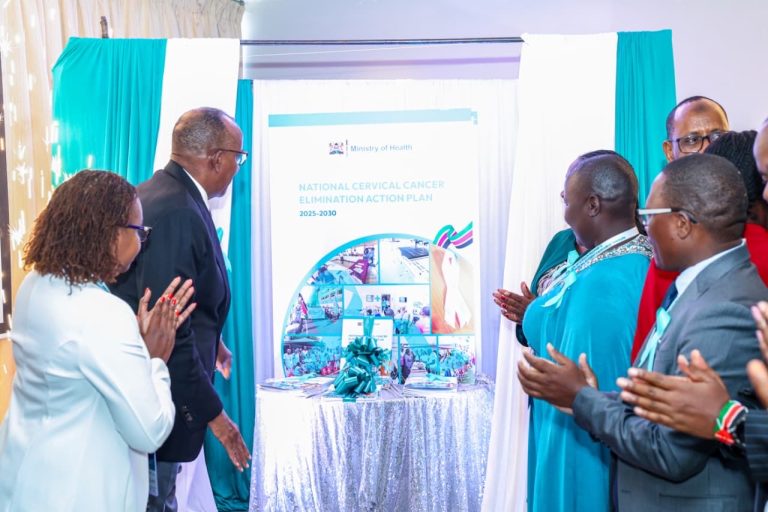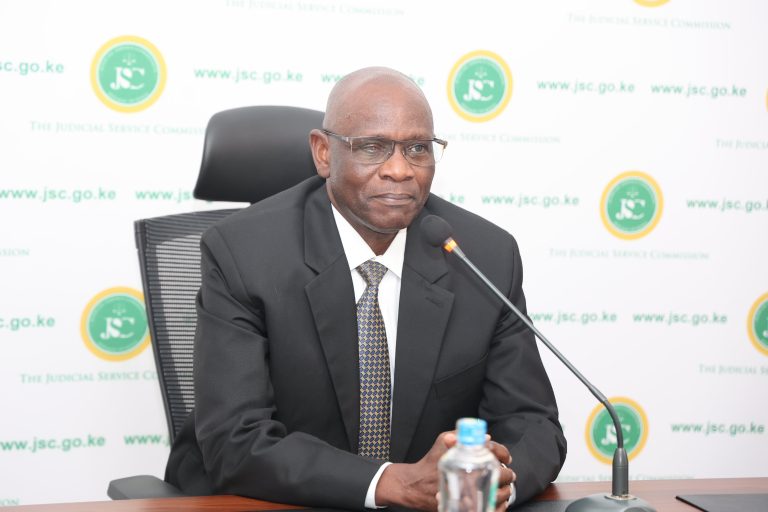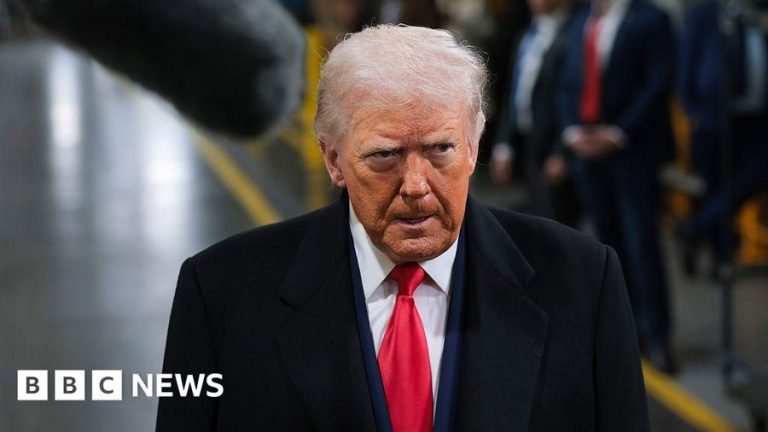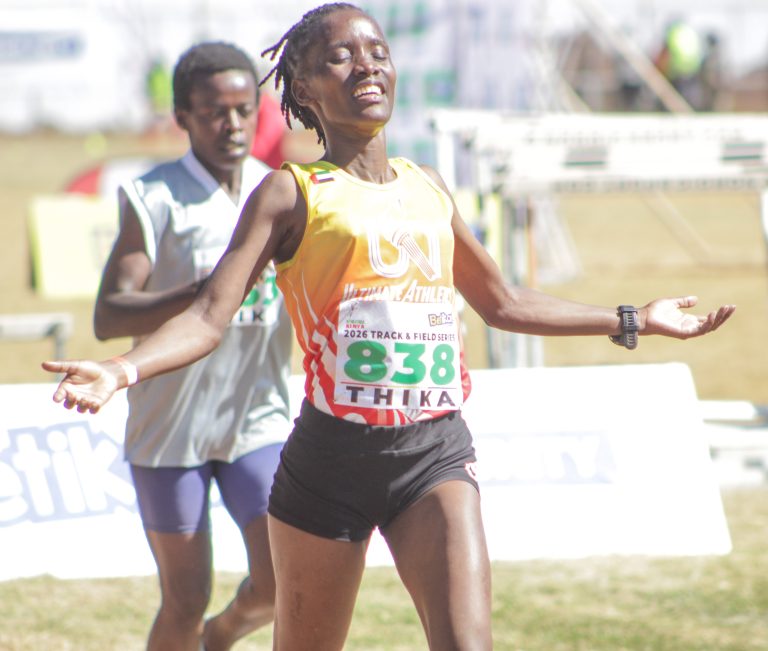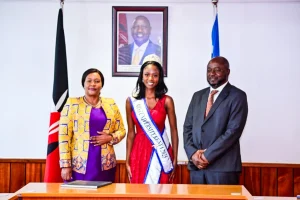A heated debate has erupted online after Nyaribari Chache MP Zaheer Jhanda announced his plan to sponsor a bill aimed at regulating social media influencers in Kenya.
The lawmaker’s proposal — which includes a requirement that influencers must have academic qualifications to discuss professional matters — has drawn widespread criticism and ridicule from digital creators across the country.
In a post shared on his X (formerly Twitter) account, Jhanda said he was inspired by China’s strict digital content regulation model, arguing that Kenya needs similar measures to combat misinformation and disinformation.
“I am borrowing a leaf from one of the most advanced nations — China — with a huge population than ours. I am equally going to sponsor a bill to regulate influencers,” Jhanda wrote.
“They must have degrees to talk about professional topics. We cannot have a country where everyone is an expert. They must be recognized by professional bodies such as LSK, ICPAK, MCK, or otherwise Kamiti Express. Misinformation and disinformation will become a crisis soon in Kenya.”
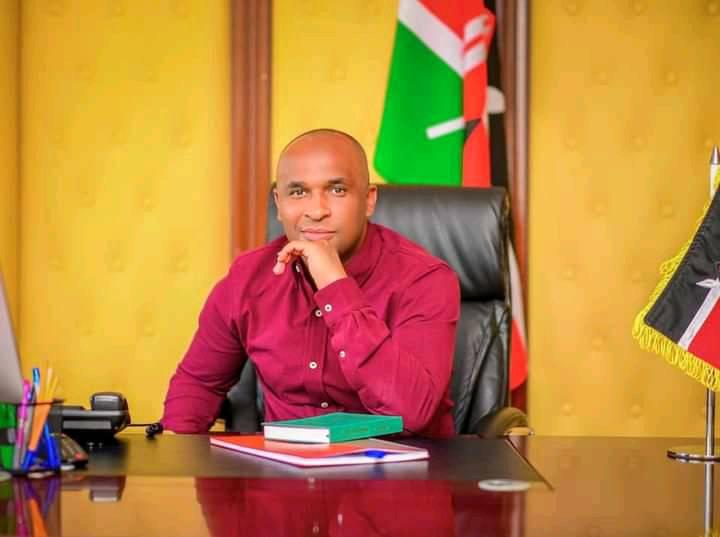
Influencers Push Back
The statement quickly went viral, sparking an outpouring of reactions from prominent Kenyan influencers who dismissed the MP’s proposal as unrealistic and disconnected from Kenya’s creative economy.
Popular content creator Alex Mathenge quipped in response:
“Also, all politicians must have a political science degree!”
M. Alby also weighed in, questioning the practicality of the lawmaker’s reasoning:
“First figure out how to get those degree holders into their respective industries with decent salaries. You want to reason like a Chinese president with a Kenyan economy? See? I don’t hold a political degree but I’m thinking smarter than you.”
Meanwhile, dancer and influencer Tileh Pacbro offered a humorous take, writing:
“Nani anajua mahali naeza toa degree ya dance wasee?”

Cybersecurity expert Bright Gameli took a more analytical approach, arguing that the proposal overlooks Kenya’s educational and economic realities.
“Our education system is already wanting. There are more experts out there more knowledgeable than some degree holders. You cannot compare China to Kenya where they are a research-driven country and we are not. Some influencers do better research than PhD holders I know. This motion better come with facts.”
Media personality Joe Muchiri also chimed in sarcastically:
“Mpaka wakora wako na audacity siku hizi ya ku lecture Kenyans. Eish!”
A Debate on Freedom and Expertise
The proposal has reignited the ongoing debate about digital regulation versus creative freedom in Kenya.
While Jhanda’s remarks highlight legitimate concerns over misinformation, critics argue that the bill, if introduced, could stifle creativity and free expression in a country where social media has become a vital platform for youth empowerment, marketing, and social commentary.
Kenya’s influencer economy has rapidly expanded in recent years, with creators building careers through brand collaborations, digital storytelling, and advocacy campaigns.
Many argue that introducing such qualifications would unfairly limit opportunities, especially for self-taught talents thriving without formal education.
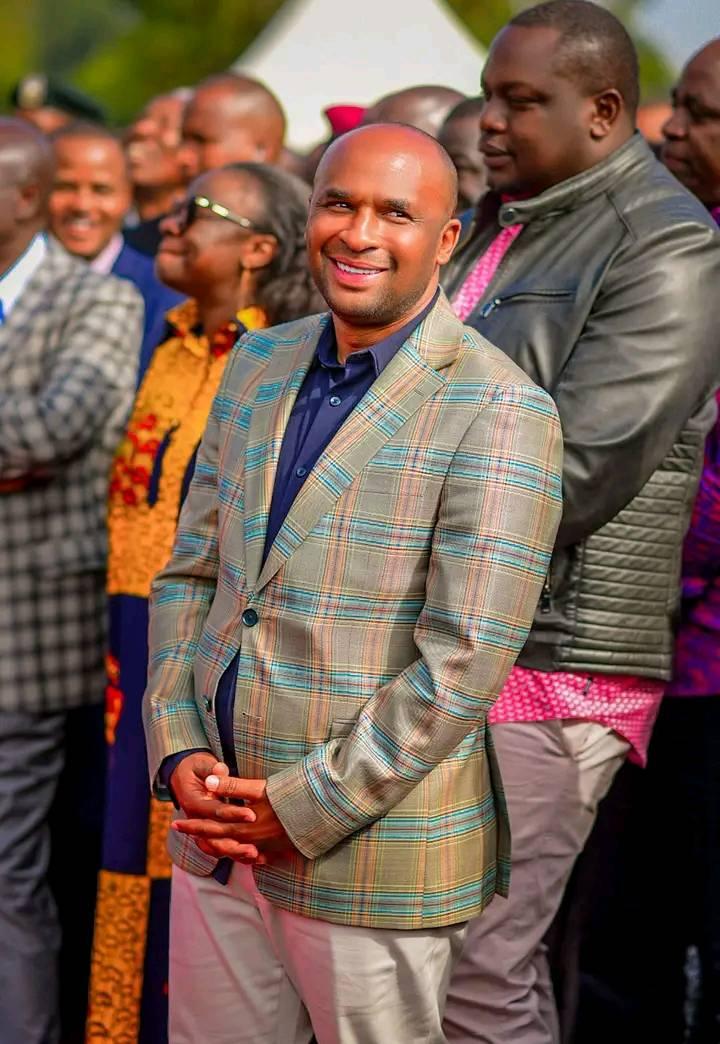
As the online storm continues, it remains unclear whether Jhanda will proceed with drafting the bill — but one thing is certain: Kenya’s vibrant influencer community is not taking the proposal lightly.
by judy mutinda


